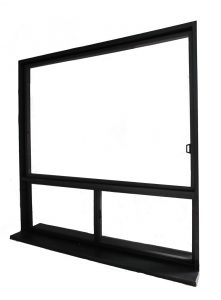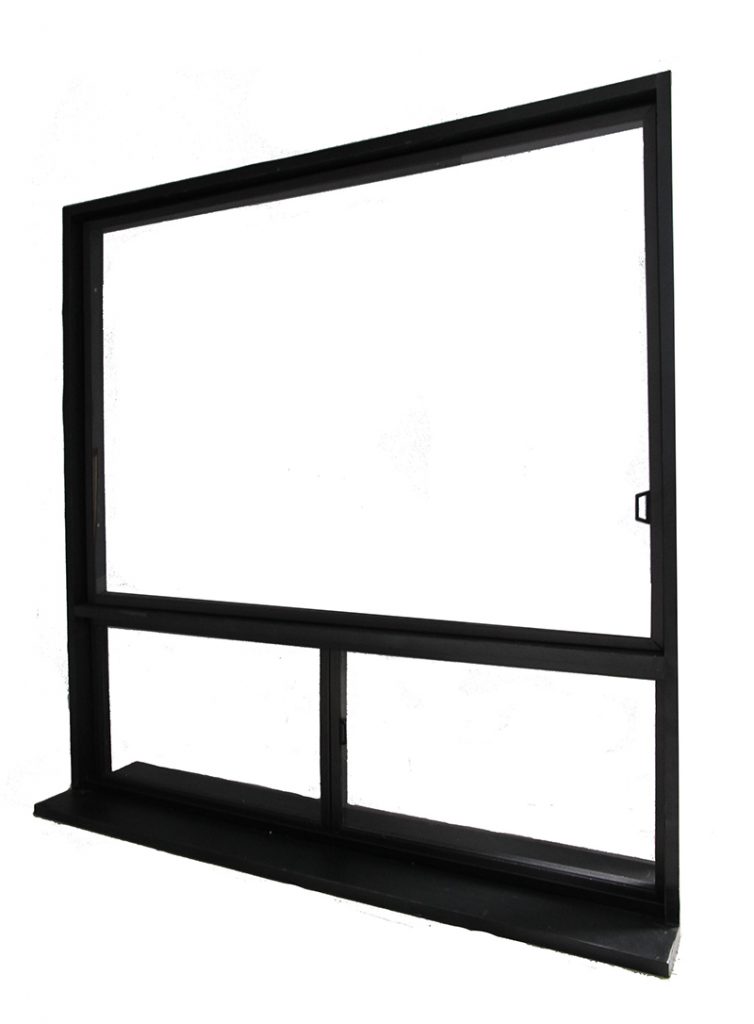Saving money through windows
Saving money through windows. Similar window insulation products have had produced limited success, even when the NRCan and CMHC recommendations to add exterior or interior storm windows were followed. The new high performance versions are different from previous products thanks to an improved method for sizing and fitting the custom-measured panels to each window. In recent independent laboratory tests, the new high performance versions also met CSA standards for improving the thermal R value, reducing condensation and near zero leakage with the strong magnetic seal. Reduced noise added to the benefits of the energy savings and avoiding mold. There was a clear opportunity for condo owners to use interior acrylic panels and other measures, depending on the costs and benefits, to improve comfort levels and extend the life of existing windows.
IESO building improvement incentives could apply for this retrofit in electrically heated and cooled buildings. Further investigation on the many window improvement options, such as Low E coating and complete replacement, found … The objective was to find the right places to use this window improvement in the large building sector. Saving money through windows.
While many new buildings are being designed to LEED and other sustainable building standards, in order to meet carbon reduction targets <> it’s critical to address the massive portfolio of existing condo buildings. They were built with low-cost windows that meet the old building codes and with HVAC equipment sized to meet the heating and cooling loss calculations <>. While many condo reserve fund studies account for the cost to eventually replace the original windows, these funds are usually put off to future years and the buildings continue to face rising energy costs due to the poor performing windows <>. Whether the heating is gas or electricity, each fuel has different costs and benefits, but all poor performing windows reduce comfort, which doesn’t fit easily into return on investment or simple payback calculations.
Of course, condo boards do need to see that the options they consider for their buildings are financially prudent. A recent report by the National Trust for Historic Preservation (NTHP) / Preservation Green Lab in partnership with Cascadia Green Building Council and Ecotope, “Saving Windows, Saving Money: Evaluating the Energy Performance of Window Retrofit and Replacement” is briefly summarized below. While the report’s focus was on homes and historic buildings, a review of the methodology and assumptions shows that similar costs and benefits would apply to Canada and to larger buildings that lose energy through windows that are modelled all the time <>.
“This study builds on previous research and examines multiple window improvement options, comparing the relative energy, carbon, and cost savings of various choices across multiple climate regions. Results of this analysis demonstrate that a number of existing window retrofit strategies come very close to the energy performance of high-performance replacement windows at a fraction of the cost.”
Below is one of the many charts <> that shows the energy saving options on the bottom and their potential in the different cities. The interior panels show significant savings with higher values in northern cities that have similar weather and costs to Ontario.

The next chart shows the financial evaluations of the options for Boston, which has similar weather the costs to Ontario as well. Clearly the interior window panels cost much less than new windows and provide the visual benefits, ease of installation in high-rise buildings, reduced noise and other health benefits such as no condensation and mold.
The Toronto Atmospheric Fund is proving deep energy retrofit financing and many condo boards ask about improving windows. Energy service companies are using this option as they are also making deep retrofits to provide the energy savings that are used to pay off the energy project improvement investments. In addition to saving energy, acrylic panels significantly reduce noise. A recent sound test by National Research Council of Canada confirmed that the product reduced the level of noise decibels under a variety of frequencies.
This new option has been installed in a number of condo suites. In some cases, condo boards can ask to test the options in a few condo suites and the owners can then evaluate whether to make interior window improvements or spend reserve funds or their own funds on new windows.
[si-contact-form form=’2′]

